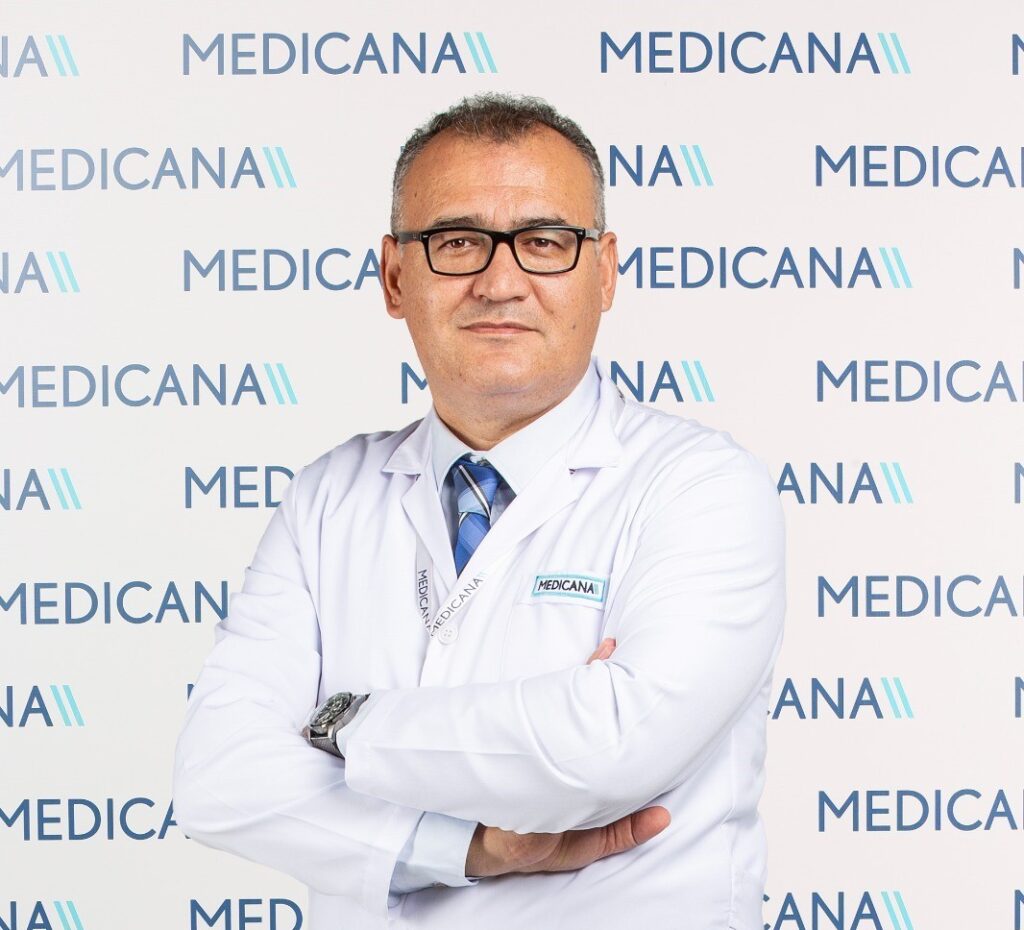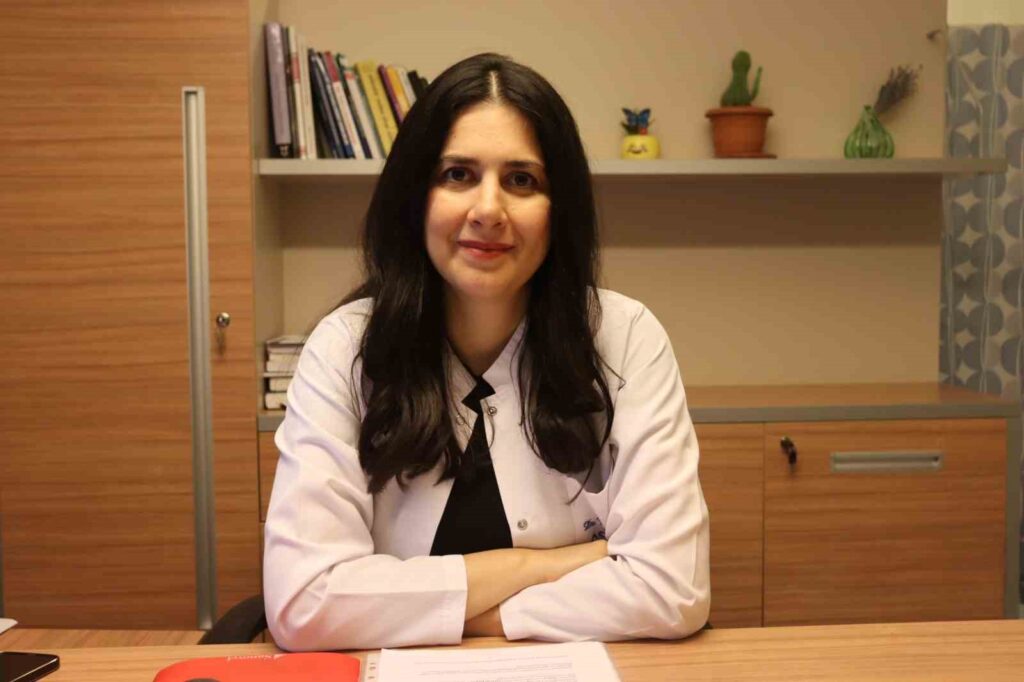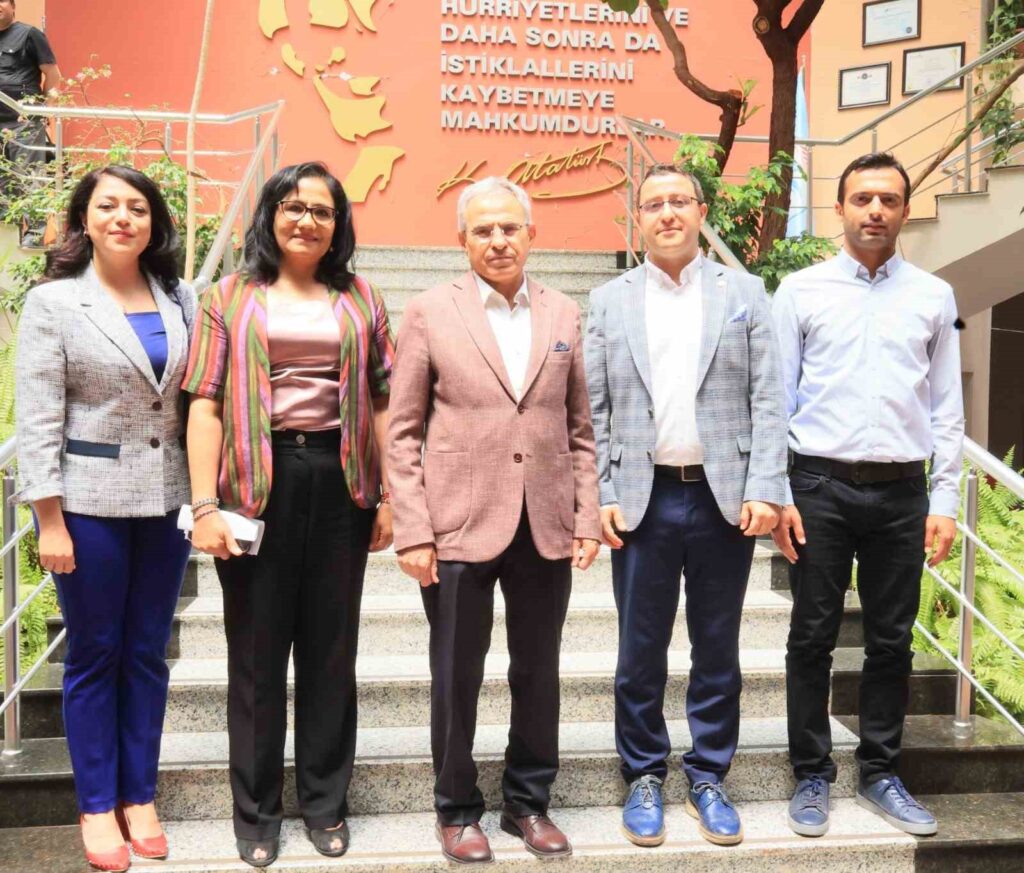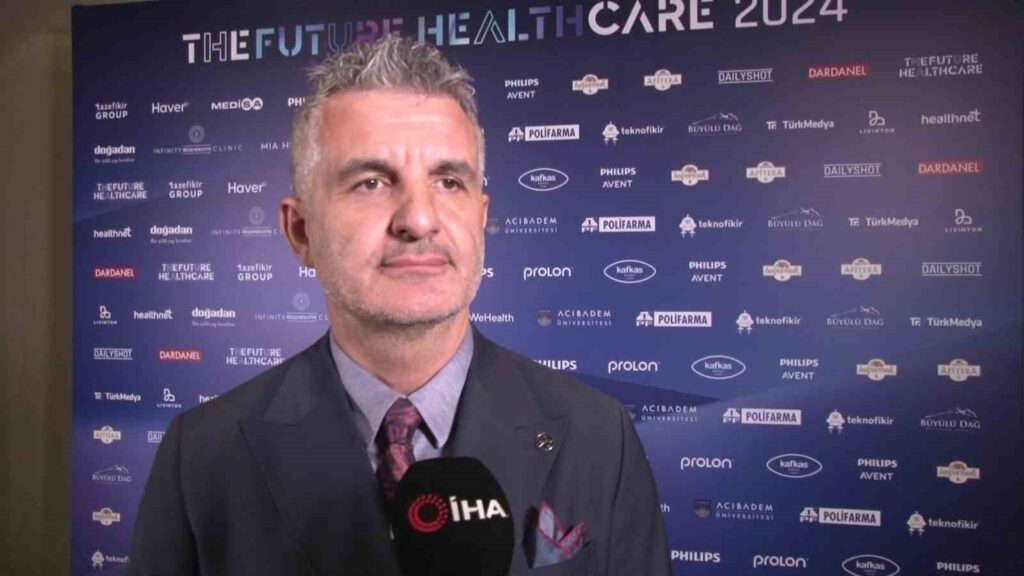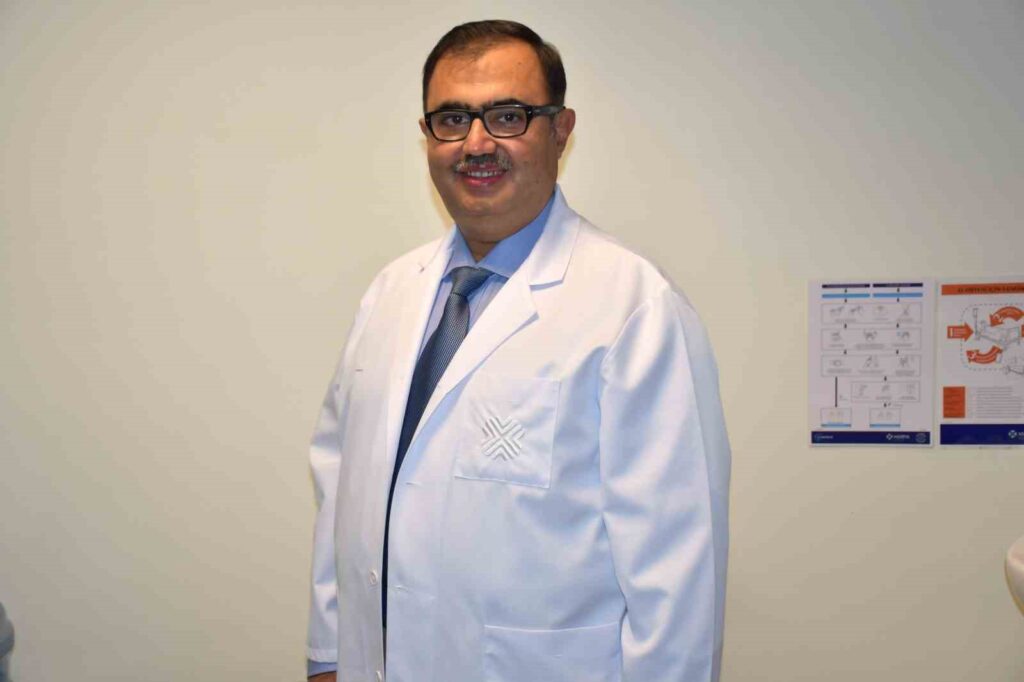World Midwives Week Symposium
World Midwives Week Symposium is a platform that emphasizes the importance of midwives, discussing innovations and developments in the healthcare sector. This symposium aims to address the contributions of midwives in healthcare services by discussing their role.
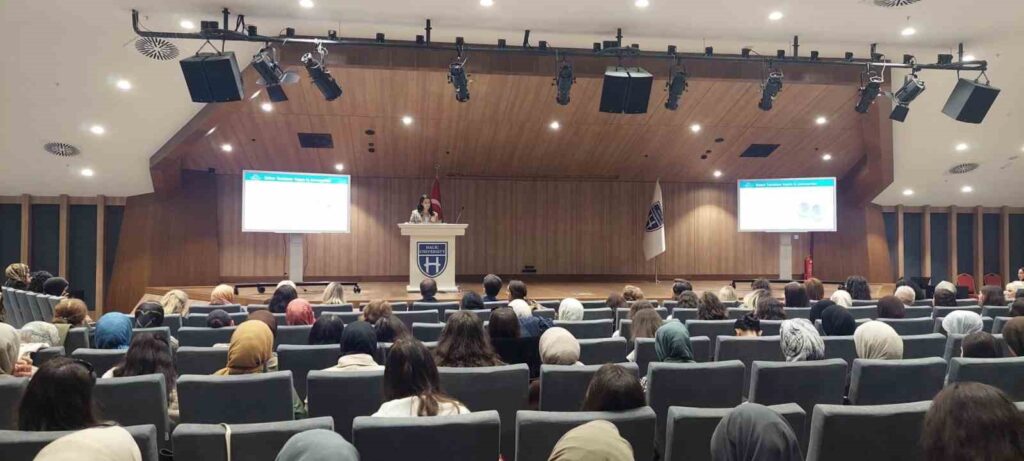
Within the framework of World Midwives Week, this year’s symposium organized by Turkey Hospital focused on the main theme of ‘Global Change and Midwifery.’ The event highlighted the increasing importance of the midwifery profession due to global changes, climate change, rising health issues, decreasing birth rates, and how the profession integrates with advancing healthcare technologies.
Content of the Symposium
Turkey Hospital organized a symposium for midwives and midwifery students in honor of World Midwives Week. The event, which focused on the main theme of ‘Global Change and Midwifery,’ discussed various topics such as the impact of climate change on women and children’s health, technological innovations in women’s health and newborn care. Experiences shared by active professionals in the sector were also presented at the symposium, which received great interest from midwives and midwifery students.
Global Change and Midwifery
‘Global change is increasing the importance of the midwifery profession day by day.’ Aysel Sağlam, the Nursing Services Manager of Turkey Hospital, emphasized the growing importance of the midwifery profession, especially in the face of women’s health issues exacerbated by global warming. She stated, ‘As the Nursing Services Department of our hospital, we organize a symposium every year to emphasize the importance of midwives during Midwives Week. This year, we held the second edition. We are following the main theme of the World Midwives Federation, hence we discussed the topic of Global Change and Midwifery. With global warming, women’s health issues are on the rise. In recent years, there has also been a significant decrease in birth rates. Due to the increasing responsibilities placed on midwives, we felt it necessary to underline this issue. In the context of global warming and midwifery, we believe that in the future, with the emerging problems and advancing technology, the importance of the midwifery profession will further increase.’
Technological Developments and Midwifery
‘Technological advancements are leading us in reducing mortality rates and ensuring a healthier future.’ Funda Tarhan Çelik, the Hospital’s Education Nurse, shared information about the evolving healthcare technologies and advancements in the field with midwives and midwifery students. In her speech, Çelik emphasized the importance of these developments, stating, ‘Women’s health technology is part of a changing world for us. With the advancement and progression of technology, many technological devices are being used for diagnosing, preventing, treating, and providing long-term care in women’s health. It is crucial to closely follow these technological developments and integrate them into the midwifery profession. Using these technologies in midwifery practices not only facilitates cost and time savings but also provides effective care to patients. Examples of these technologies include artificial intelligence, telehealth applications, robotic and laparoscopic surgeries. For instance, telehealth systems provide remote education links to pregnant women, preventing complications and saving time by providing remote access. Remote prenatal school programs can also be included in this category. By incorporating technology into our profession, we facilitate early diagnosis, treatments, and care. This ease of diagnosis and treatment not only reduces mortality rates but also leads us to a healthier future for children and generations to come.’
Artificial Intelligence and Midwifery
Regarding the question of ‘Can artificial intelligence and robots replace the place of midwifery in the future,’ Çelik highlighted the importance of the interaction with patients, saying, ‘Our profession involves direct interaction with patients. It is not a sector where robots can independently perform tasks. Robots are merely supportive and facilitative methods for healthcare professionals.’ She concluded by emphasizing the significance of human touch in the field.


